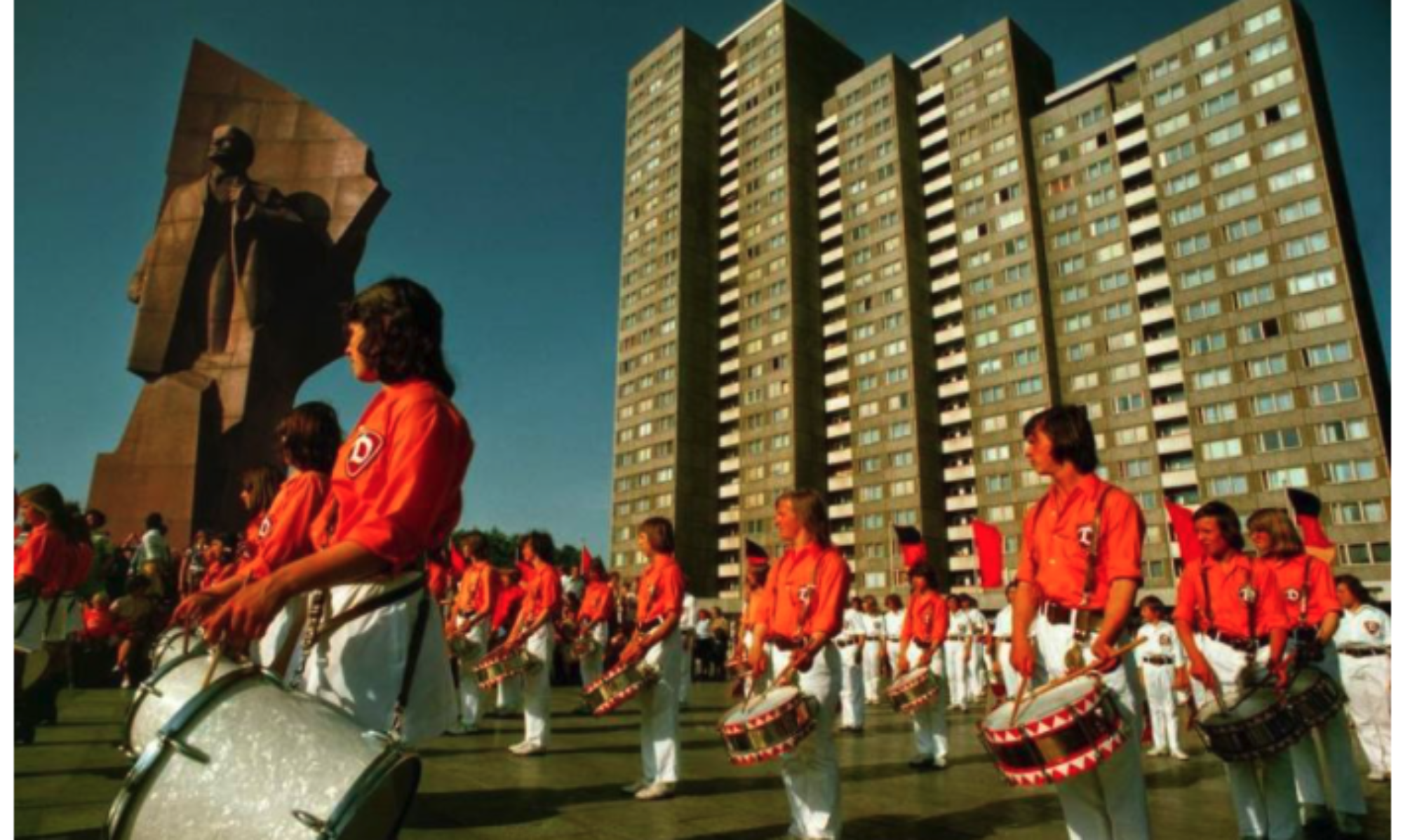In chapter 3 of Virtuosi Abroad : Soviet Music and Imperial Competition During the Early Cold War, 1945–1958 the author discusses the discussion and eventual birth of a competitive music festival in the Soviet Union. This project beings with the idea for “Moscow Musical Holiday” which was thought up by the Committee on Artistic Affairs. The leader of the committee, Nikolai Bespalov, finding that the Soviet Union was missing an event like this. He argues “‘Moscow- the capital of the USSR is the global center of musical culture. Holding an international festival should facilitate the strengthening of influence of Soviet arts on the development of progressive musical creativity abroad'” (Tomoff 84). The statement Bespalov makes is a very confident one. It is obvious he holds the Soviet Union in high esteem, and it seems he has a reason to back it up. Clearly the US and USSR are incredibly competitive at this time, and up until 1958 the USSR is the one with the power and “winnings” to back that power up. And personally, as someone who is supportive of the arts the importance put on this festival and other cultural outlets in the Soviet Union is something I agree with. But why? Why is there so much importance put onto cultural competition with the West and mainly the US? To me, it almost seems like small potatoes that distract from a bigger economic and political goal. So why does the Soviet Union care so much about becoming number one when it comes to culture? Is it a nearly a means to an end? Or is culture so important to a society’s survival that they feel they need to dominate in it to keep the USSR thriving?

I think there are a few lines that tie together your questions as to why Russia was fixated on the cultural components of the Cold War. And you are not wrong to think that some of these extremely niche areas of competition (Hockey, Chess, Music) could be considered small potatoes. But, I think many of these things and the Soviet preoccupation of them stems from ideology. Communism (specifically Soviet Communism) was not just an economic/political system, but also a societal/cultural movement as well. This is evident within beliefs such as capitalism will sow the seeds of its own destruction and the different conversations the West and the East had about material goods. It seems within Soviet thought, then, that to illustrate that the Soviets were not sacrificing anything by being Communist, they had to illustrate that they could materially compete with the West (and when I say materially compete here I mean the proficiencies that come with instruments and technology). I think it was also a way to demonstrate to themselves that their system was worthwhile. I mean after all markers of great societies throughout history are indicated by their cultural flourishing and their artistic outlets. It symbolizes that they do not have to worry about food or shelter and can spend their leisure time on activities that they wish to pursue, like the arts. I might be a bit off base with this (probably overgeneralizing the situation) but I think that some of the points here could still be applied to this situation and answers the questions about Soviet preoccupation with cultural competitions.